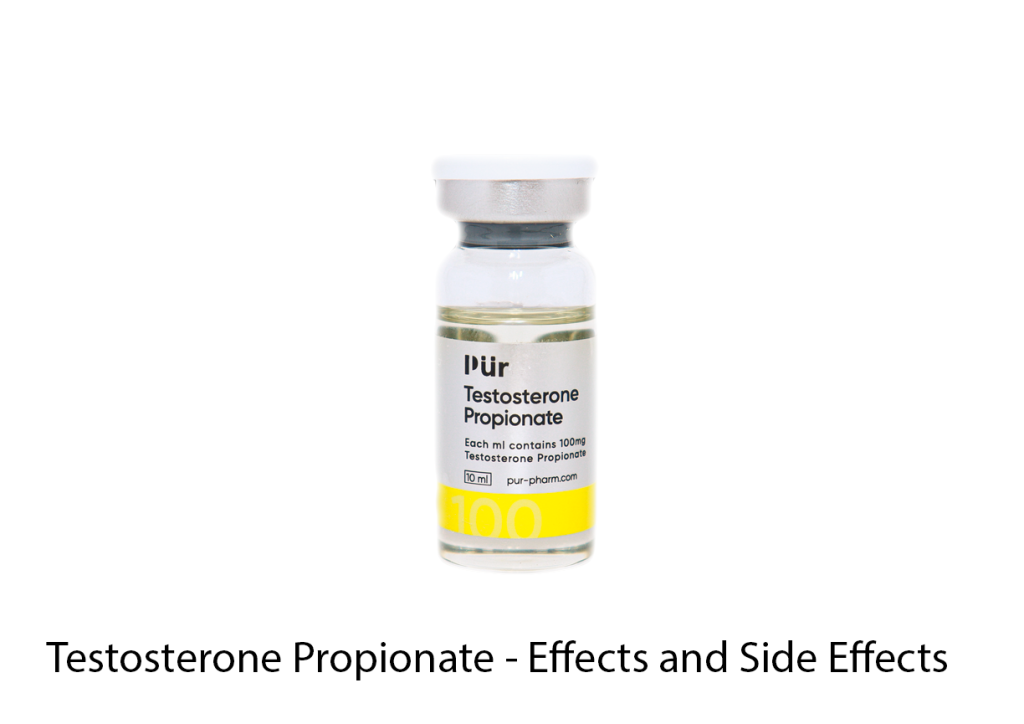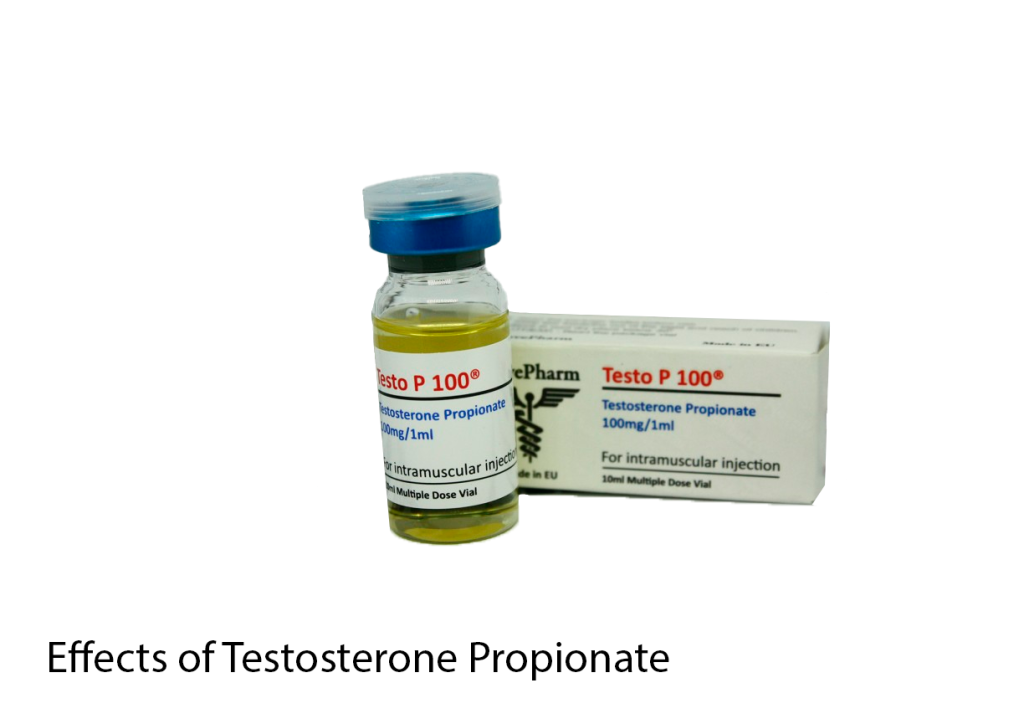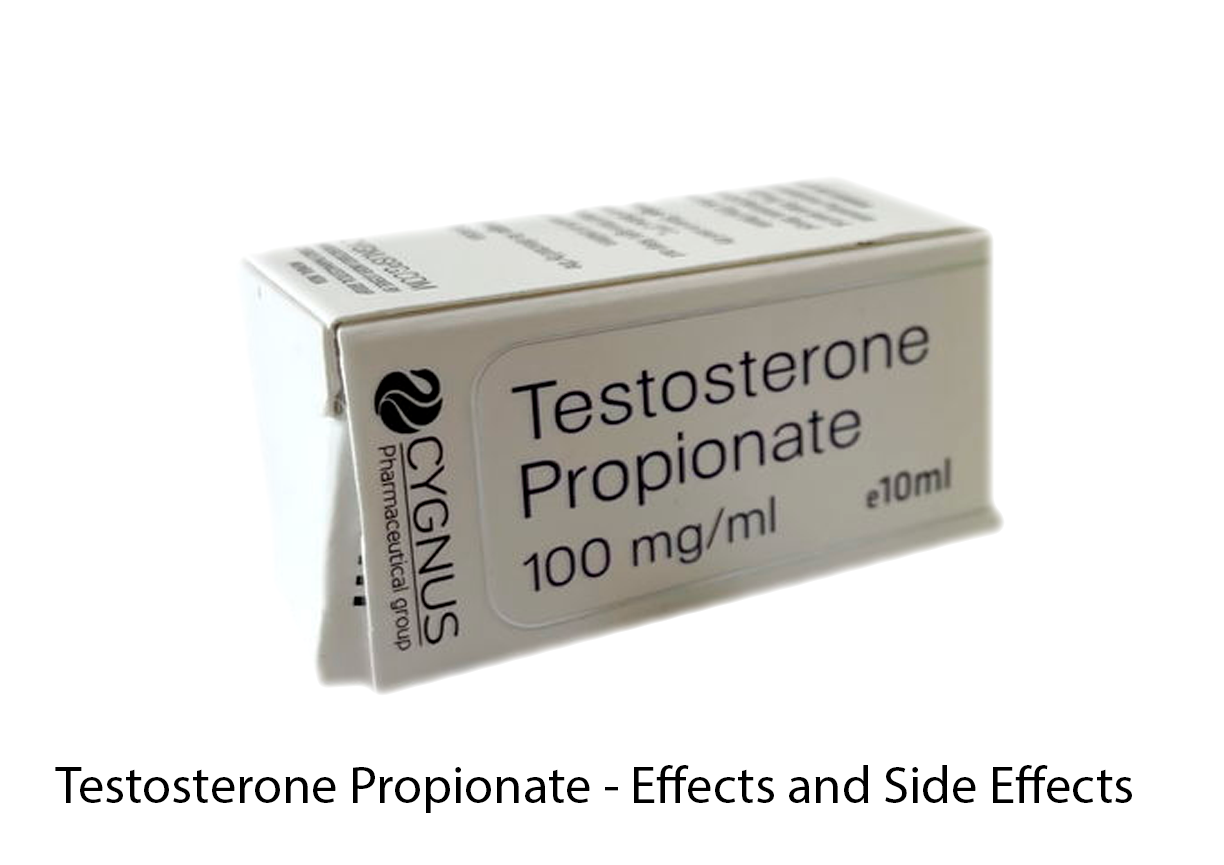Like all oil solutions, testosterone propionate is administered intramuscularly. Care must be taken to ensure that the injected substance does not enter the vessel. With a very slow introduction of the solution, it is possible to avoid the occurrence of short-term reactions, sometimes observed during or immediately after the injection of the oil solution (cough urge, coughing fits, respiratory depression).
Use with caution in patients with heart failure, arterial hypertension, epilepsy, migraine, renal impairment. In patients with a history of cardiac, renal, or hepatic failure, the use of androgen may cause complications of edema with or without congestive heart failure. Caution is advised when using the drug in patients with conditions that cause fluid retention and provoke the development of edema.

Use the drug with caution in patients with porphyria. During treatment with the drug, liver and kidney function, thyroid gland and blood sugar levels should be monitored. Before initiating treatment in men, the diagnosis of prostate cancer should be excluded, as androgens increase the risk of developing prostate hyperplasia with the drug. As a preventive measure, it is recommended to regularly examine the prostate.
In patients taking androgens for a long time, in addition to laboratory measurements of testosterone concentration, it is necessary to monitor the following laboratory parameters for hemoglobin, hematocrit (initially every 3 months, then once a year) and liver function tests. In case of a possible tendency to thrombosis, the drug should be prescribed with caution to men after recent surgery or injury. Substance abuse or addiction.
Androgens should not be used to enhance muscle development in healthy individuals or to enhance physical performance. Use during pregnancy or lactation. There are insufficient data on the use of this medicine during pregnancy or breast-feeding. Given the characteristic virilizing effect of the drug on the fetus, it is contraindicated during periods of pregnancy or lactation.
Effects of Testosterone Propionate
From the reproductive system and mammary glands: priapism, increased sexual arousal, increased libido and frequent erections, gynecomastia, chest pain.
When using high doses in men, suppression of a spermatogenesis is possible atrophy of testicles. Androgens in men can cause prostate hyperplasia, growth of malignant prostate tumors. In women, there may be signs of masculinization (virilism): thickening of the voice, excessive hair growth on the face and body, pasty face, ovarian depression, menstrual disorders, atrophy of mammary glands and endometrial tissue, oily skin, clitoral hypertrophy.
Virilization can be irreversible even after discontinuation of testosterone. From the respiratory system: respiratory disorders, sleep apnea. From the musculoskeletal system: leg pain, arthralgia, muscle cramps.

Gastrointestinal disorders: diarrhea, nausea, gastrointestinal bleeding. Hepatobiliary disorders: elevated aminotransferases, hepatic impairment, jaundice, cholestatic hepatitis and high-dose liver tumors have been reported at high doses. From the blood and lymphatic system: isolated cases of polycythemia, predisposition to thrombosis, increased hematocrit, suppression of coagulation factors.
From the skin and its derivatives: various skin reactions, including acne, seborrhea, alopecia, itching. Metabolic and nutritional disorders: weight gain, hypercalcemia, decreased glucose metabolism, increased levels of low-density lipoprotein, decreased levels of high-density lipoprotein. Neurological disorders: dizziness, sweating, headache, nervousness, depression.
General disorders and administration site conditions: injection site pain, subcutaneous injection site hematoma; long-term treatment with testosterone propionate or its use in high doses can sometimes lead to an increase in the incidence of fluid retention and edema; hypersensitivity reactions, including fever, chills and fever throughout the body.
Side Effects of Testosterone Propionate
Hepatic or renal insufficiency.
Efficacy and safety of the drug have not been studied in patients with renal or hepatic impairment. Therefore, testosterone replacement therapy should be used with caution in such patients.
Heart failure.
Caution should be exercised in patients with a predisposition to edema, such as severe heart, liver or kidney failure, or coronary heart disease, as androgen therapy may increase sodium and water retention. In case of severe complications characterized by edema with or without congestive heart failure, treatment should be stopped immediately (see section “Adverse reactions”).
Testosterone can cause high blood pressure, and testosterone propionate should be used with caution in men with high blood pressure. Blood clotting disorders. Conditions for intramuscular injection in patients with acquired or congenital coagulation disorders should be observed.
Testosterone and its derivatives have been reported to increase the action of oral anticoagulants, coumarin derivatives.
Testosterone should be used with caution in patients with thrombophilia, as thrombotic events have been observed in post-marketing testosterone therapy in this patient population. Caution should be exercised when prescribing to men after recent surgery or injury due to the possibility of thrombosis. Use with caution in patients with porphyria.
During treatment it is necessary to monitor the level of sugar in the liver and kidneys, thyroid and blood. The diagnosis of prostate cancer should be ruled out in men before starting treatment because androgens increase the risk of developing prostate hyperplasia.
Prostate and breast function in patients receiving testosterone should be monitored regularly and thoroughly by standard examination methods at least once a year or twice a year in the elderly and in patients with special (clinical or hereditary risk factors).
In patients taking androgens for a long time, in addition to testosterone levels, the following laboratory parameters should be monitored: hemoglobin, hematocrit (initially every 3 months, then once a year) and liver function tests.
Caution should be exercised when prescribing to men with sleep apnea. Testosterone has been reported to cause or worsen sleep apnea. Caution and clinical caution are required in patients with risk factors such as obesity and chronic lung disease.
